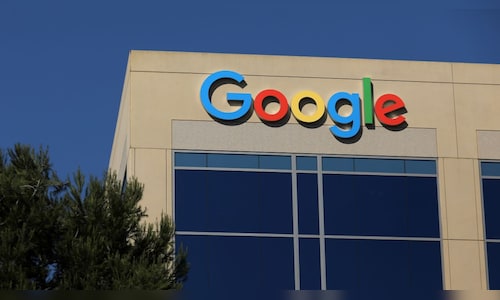The disjointed timeline outlined by U.S. District Judge Amit Mehta came during the first court hearing since he branded Google a ruthless monopolist in a landmark ruling last month.
Mehta’s decision triggered the need for another phase of the legal process to determine how Google should be penalized for years of misconduct and forced to make other changes to prevent potential future abuses by the dominant search engine that is the foundation of its Internet empire.
Lawyers for the Justice Department and Google were unable to reach a consensus on how the time frame for the penalty phase should play out in the weeks leading up to Friday’s hearing in Washington, D.C., prompting Mehta to steer them down a path that he hopes will result in a decision on punishment before Labor Day next year.
For that to happen, Mehta said he would like the sentencing phase of the trial to take place next spring. The judge said March and April appear to be the best months on his court calendar.
If Mehta’s timeline holds, the ruling on Google’s antitrust penalties would come nearly five years after the Justice Department filed the complaint that led to a 10-week antitrust trial last fall. That’s a timeline similar to what Microsoft experienced in the late 1990s, when regulators went after it for misconduct in the personal computer market.
The Justice Department has not yet given any indication of how severely Google should be punished. The most likely targets are Google’s long-standing agreements with Apple, Samsung and other technology companies to make its search engine the default option on smartphones and web browsers.
In exchange for guaranteed search traffic, Google has been paying its partners more than $25 billion annually, and most of that money has gone to Apple for its prized position on the iPhone.
In a more drastic scenario, the Justice Department could try to force Google to hand over parts of its business, including the Chrome web browser and the Android software that powers most of the world’s smartphones, because both also block search traffic.
At Friday’s hearing, Justice Department lawyers said they need enough time to craft a comprehensive proposal that also considers how Google has begun to implement artificial intelligence in its search results and how that technology could revolutionize the market.
Google’s lawyers told the judge they hope the Justice Department will propose a realistic list of penalties that address the issues raised in the judge’s ruling, rather than come up with extreme measures that amount to “political grandstanding.”
Mehta gave both sides until Sept. 13 to submit a proposed timeline that includes the Justice Department unveiling its proposed punishment by 2025.
Disclaimer:
The information contained in this post is for general information purposes only. We make no representations or warranties of any kind, express or implied, about the completeness, accuracy, reliability, suitability or availability with respect to the website or the information, products, services, or related graphics contained on the post for any purpose.
We respect the intellectual property rights of content creators. If you are the owner of any material featured on our website and have concerns about its use, please contact us. We are committed to addressing any copyright issues promptly and will remove any material within 2 days of receiving a request from the rightful owner.

